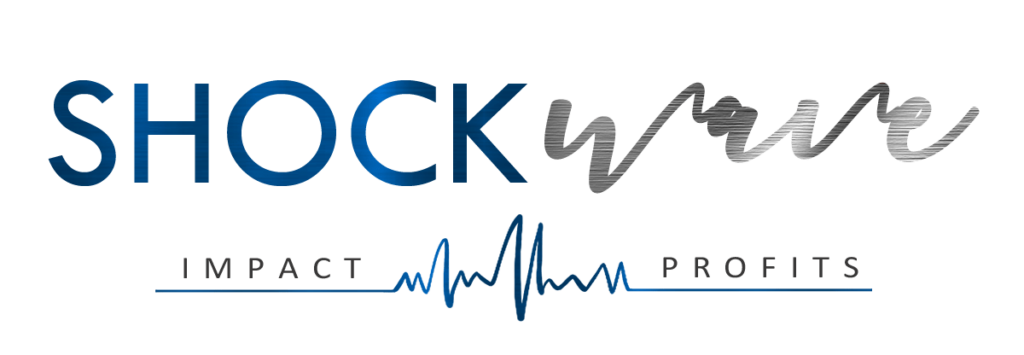What’s Your Personal USP?

By Richard Parkin
With any experience marketing products and services, you’ll know just how hard it is to successfully sell something that isn’t unique in some way; that one of your first steps should be to identify what makes the product stand out.
Despite this, most people never take the next step – establishing their own USP.
Unique Selling Points aren’t just critical for products and companies – they’re an incredibly effective way to make yourself stand out from other people. By setting yourself apart from the crowd, you’ll become far more marketable for potential clients, employers, and the like.
Building up a personal USP means establishing yourself as something distinctly different from the competition – here’s how to get started:

How to Define your Personal USP
In practice, personal USPs are not significantly different from product/ service-related ones. It’s more about how you present the facts than it is about what those facts are.
As an example, consider the classic (and now cliched) Lucky Strike slogan: “It’s Toasted.” The fact that the competition was also toasted is irrelevant – the brand was able to transform a basic fact into a seemingly unique selling point.
Similarly, look at just how many products started describing themselves as ‘handmade’ at some point. With no change to the production line, the manufacturers were able to boost their sales by emphasizing a point that made them appear to stand out from the competition. Of course, over time, this strategy became less successful for most industries – something being handmade changed from a unique selling point to more of a market standard.
In many cases, making a compelling personal USP requires careful attention to phrasing. There are always going to be people who more or less share the same training, experience, and success that you’ve had – talking in the exact same way as them means that you’re not differentiating yourself from them.
Whether they’re looking for a new hire or deciding what agency to use, people presented with any number of more or less identical pitches will rarely take the time to look into what differentiates them.
By reworking how you talk about yourself, you’re essentially forcing a greater level of engagement, breaking the pattern that the reviewer is seeing. That means you’re able to stand out immediately, to have the reviewer actively consider your skills rather than dismiss you offhand.
Want to see just how successful a personal USP can be? Tune into the Shockwave Solutions podcast this Thursday as we meet with Josh Rosenburg. Likely the single best-paid ‘copywriter’ in the world, Josh explains that a significant part of his success comes from the way that he’s branded himself, working on standing out from any number of competing professionals – don’t miss out!

What Not to Do When Creating a Personal USP
That said, there are some points to be aware of when building a personal USP. Again, in many respects, it’s like defining a USP for any given product or service.
Going too far over the top when defining a USP generally doesn’t pay off well. Past a certain point, you’re more likely to see diminishing returns rather than the results you want. Explaining that a product is uniquely good in 5 different ways usually means it’s less likely to sell – keep it simple and refined, don’t overcomplicate the pitch.
Similarly, don’t try to redefine everything when it comes to your USP. Keep it to one or two points, and you’ll be able to stand out without damaging your pitch.
There are also a few unique issues to consider when drafting your personal USP, given just how individual a process it is:
- Avoid Overspecialization: When thinking of a way to stand out, it’s tempting to describe yourself as a specialist in a specific industry or part of your role. This approach can quickly backfire – it can give the impression that your skills are limited, that you’re not able or willing to develop and grow.
- Beating Salary Limits: When companies are looking to bring in an agency for a specific task, they’ve almost always got a preconceived idea of exactly what they want to pay. By defining yourself within the terms they’re expecting, you’re essentially agreeing to take that amount of money. Redefine the question, and you may be able to achieve a better level of payment.
- Identical Portfolios: Does your portfolio look exactly the same as everyone else’s? If so, anyone reviewing it will consider it more or less the same as the others. Redefine how you use your portfolio – start with the successes you think no one else in the industry could have accomplished.
Ready to start standing out? Remember, on the next episode of the Shockwave Solutions podcast, we’ll be talking with someone who knows exactly how effective a personal USP can be, having used his to create millions in profits. Subscribe on Spotify to hear the episode when it’s launched!


1 comment
This was a really wonderful post.